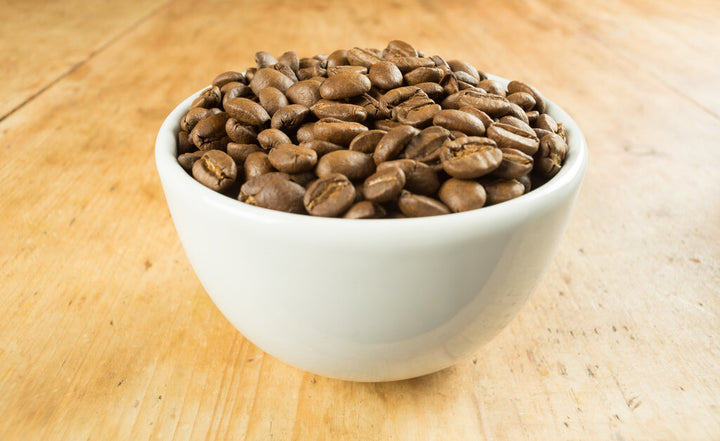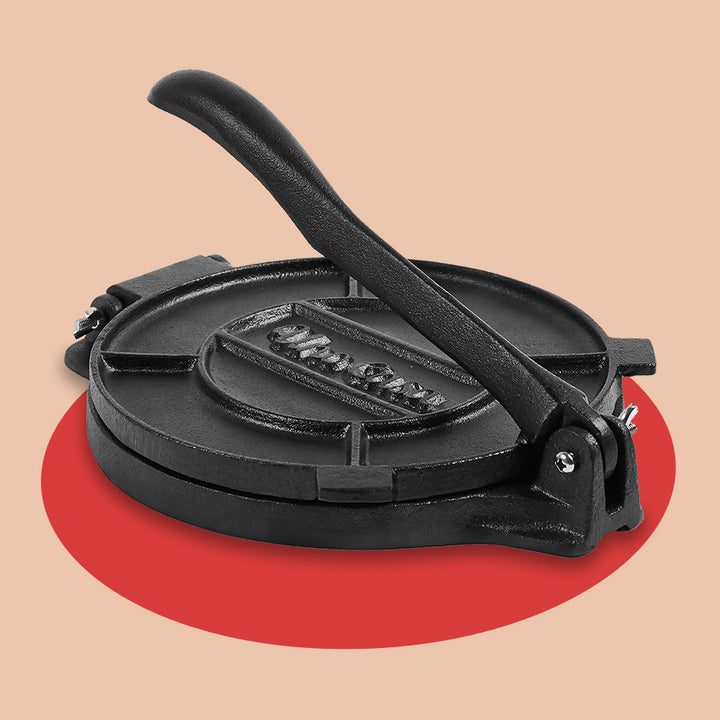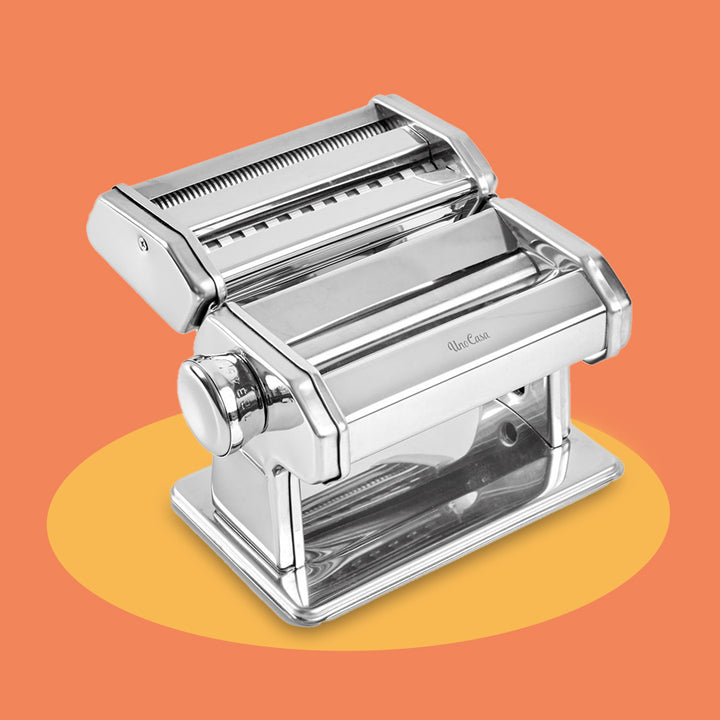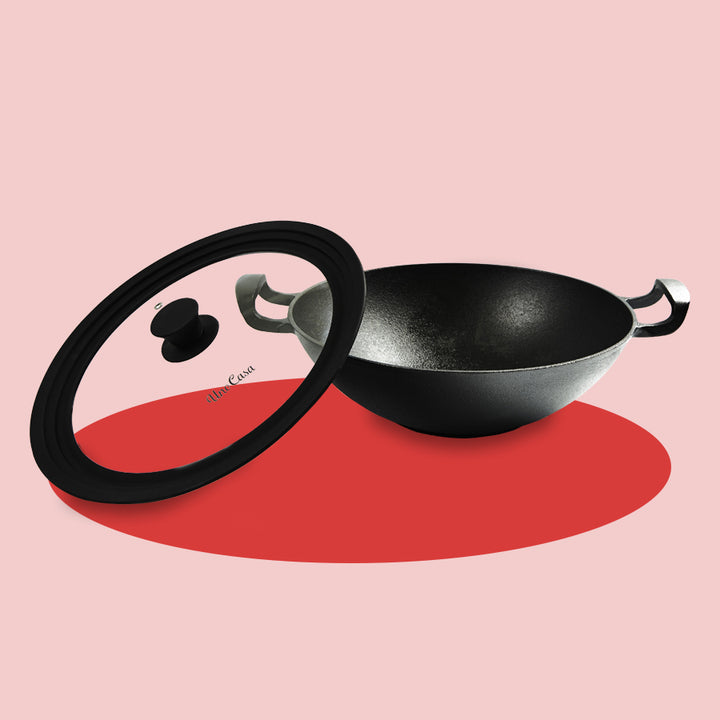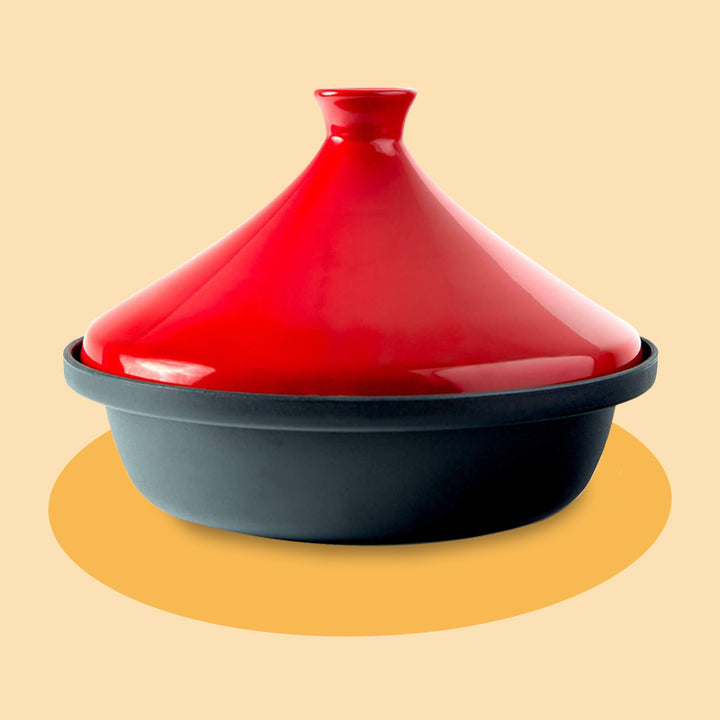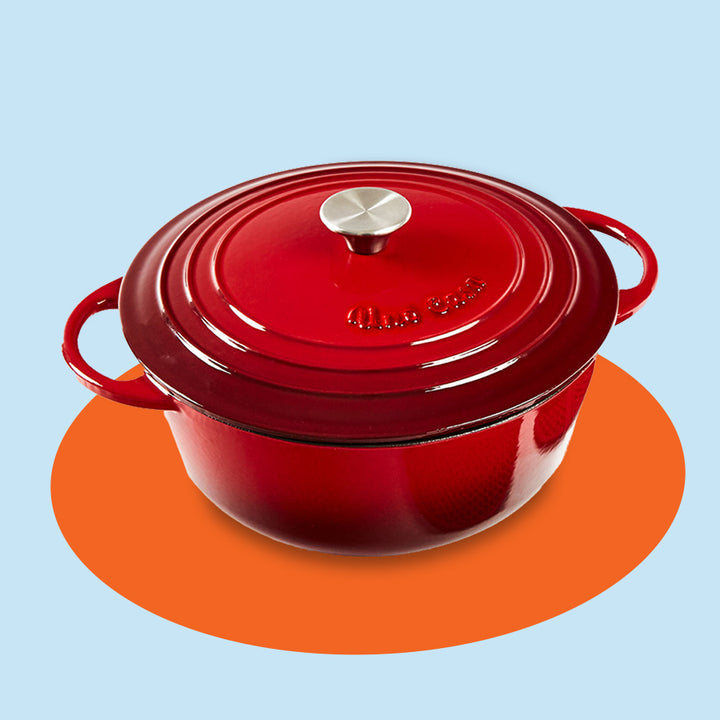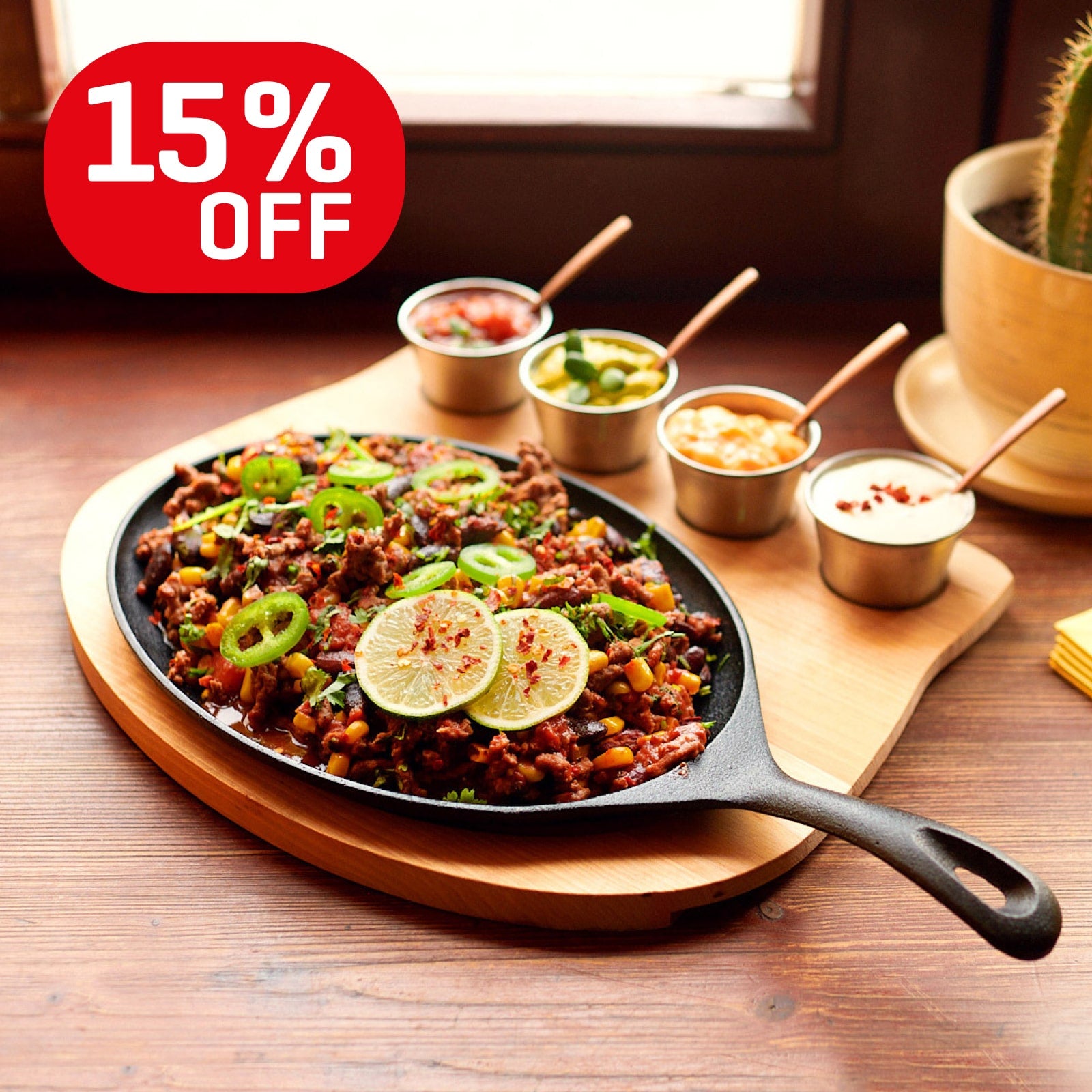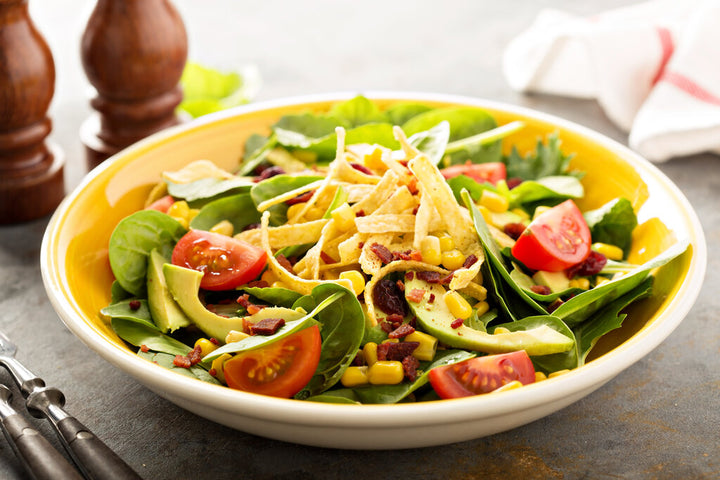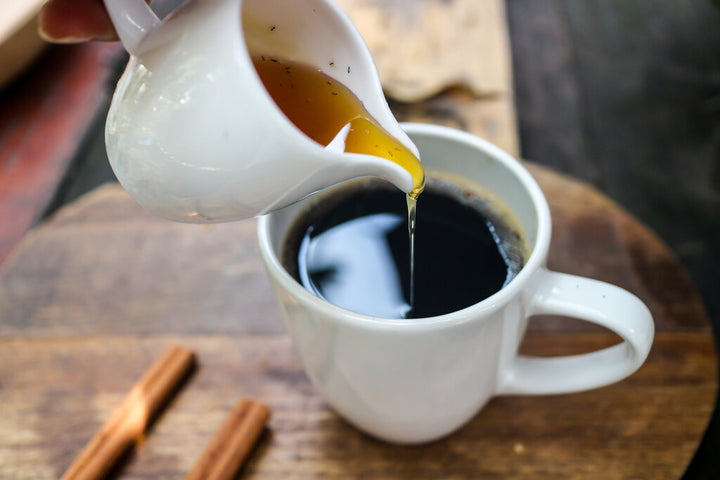Coffee Brewing Temperature: Why it Matters?

Everyone starts brewing coffee by pouring hot water over coffee beans. Soon enough, though, you'll be grinding your beans in a certain way, weighing out your grinds on scales, and debating the benefits of a French press over a gooseneck kettle.
That's why we love brewing coffee; there's always more you can learn, and the perfect cup of coffee is always tantalizingly close, yet so far away. While we all understand the importance of selecting the right beans for your brew, one factor that can seriously affect the taste (but that's criminally overlooked), is the coffee brewing temperature - and yes, there is a perfect water temperature for coffee!
Grind your coffee beans, start heating your water, and get ready to find the perfect coffee temp. Here's our guide to perfecting the all-important coffee brewing temperature!
What is the ideal coffee brewing temperature?
Yes, as with many of the factors that go into perfecting the perfect cup of coffee, there's even an ideal coffee brewing temperature!
Coffee brewing is as much a science, as it is an art, and while there are many variables that you can change and tweak to suit your own tastes and likes, the temperature is one variable that most definitely has an optimal point.
Baristas often call the ideal temperature, the 205, because this is the best temperature for brewing coffee.
205 °F is often said to produce the best brew of coffee, but this can be lowered slightly to 195°F.
Can the coffee brewing temperature be higher or lower than 205°F?
205 °F is the optimal coffee brewing temperature, and when it comes to hot coffee, there isn't too much room for maneuver in this respect.
This is the best temperature for pour-over coffee, and it's the best temperature for a drip coffee machine, French press, or even a simple, instant coffee.
You can lower the temperature slightly, but no lower than 195°F. When coffee is brewed hot, it needs the temperature to be high enough to break down the components within the coffee beans.
This releases the caffeine, unlocks the acidity, and gives the coffee the distinctive bitterness we expect from a hot brew. Without heat, the coffee will brew very differently and nowhere near as quickly.
Equally, the temperature should not be raised above 205°F. You'll notice that this is just below the boiling point of water because raising the temperature any higher than 205°F will result in the destruction of much of the best tastes and aromas in the coffee beans.
It's a delicate balance, but one that coffee lovers know they need to get right in order to enjoy the perfect cup of coffee!
Will hotter water result in a stronger coffee?
Coffee beans need to brew in hot water for the caffeine, bitterness, acidity, and overall flavor to be released from the bean itself. Hot water essentially breaks down the bean, releasing what's inside, but only until a point.
Up to 205°F, hotter water will give you a stronger coffee, as you'll be unlocking more of the good stuff from within the coffee beans. Beyond 205°F, however, and you'll start to destroy the flavor instead.
The coffee will no longer become stronger, as you'll stop releasing the necessary components, and you'll start to break them down, instead. This will give you a much more bitter flavor than you were aiming for!
Can you burn coffee with boiling water?
The boiling point of water is 212°F. If you're wondering how hot should coffee be, then it shouldn't be this hot!
It's only a few degrees Fahrenheit higher than the optimal coffee brewing temperature, but boiling water is too hot for brewing a good cup of coffee.
Boiling water won't physically burn your coffee, but it will produce a flavor that's bitter and much more acidic than anything brewed at 205.
What about cold brews and iced coffees?
The perfect hot temperature is necessary for the perfect hot brew, but you might be wondering about cold brews and iced coffees, and how they fit into the picture.
Iced coffees are brewed hot, the same way as you're regular cup of hot coffee is. This unlocks the tastes, aromas, and caffeine in the same way (at an optimal temperature of 205°F, of course!). The coffee, once brewed, is then cooled down using ice, to produce an iced coffee.
Cold brews are slightly different. Cold brews are brewed using cold water, so not using the optimal 205°F. To do this successfully, however, the water and coffee must be left to brew for around 12 hours. The heat essentially speeds this brewing process up, but rapid heating also produces distinct taste differences between cold and hot brews.
How can I measure the temperature of my coffee?
As with many of the factors that go into brewing the perfect cup of coffee, you can help to control the brew by controlling the temperature. Once you've boiled your water, remember to let it sit before you start pouring it over your coffee beans.
Using a kettle with a built-in thermometer is the easiest way to do this for pour-over coffee, while most drip machines should be able to regulate this automatically.
You could even place a thermometer directly into the hot water that you're about to pour into your coffee mug, to be sure that it's the perfect 205°F before you start to brew!
Coffee brewing temperature takeaway
So, now you know the perfect coffee brewing temperature (it's 205°F!). This is the optimal temperature for unlocking the best flavors and aromas and really realizing the full potential of your coffee beans. Why not bookmark your handy guide for tomorrow morning's perfect brew?
Leave a comment
Comments will be approved before showing up.
Also in Tips
